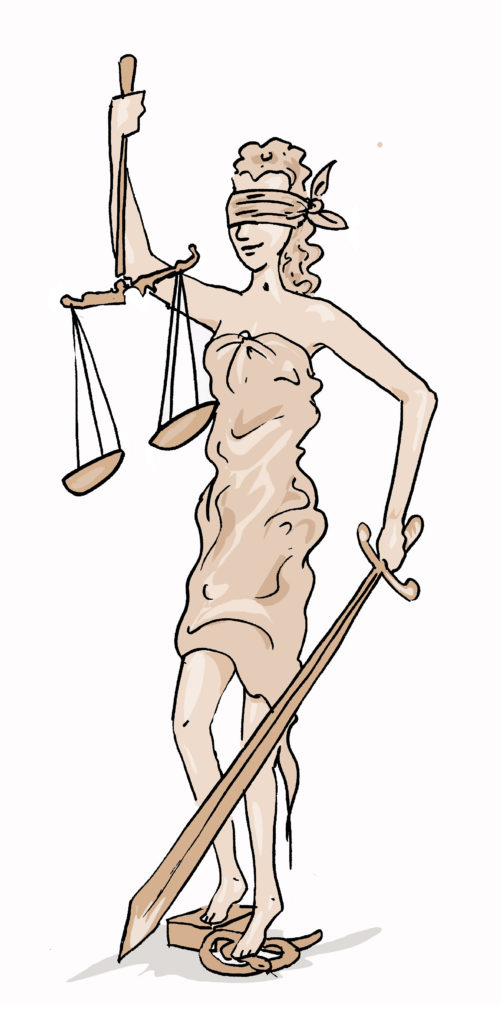On October 8, 2020, the Nevada Supreme Court published their decision in Clark County v. Brent Bean, 136 Nev. Adv. Op. 65 (2020). The Court took the opportunity to agree with the District Court’s reasoning to deny Clark County’s Petition for Judicial Review that permanent partial disability (“PPD”) benefits differ from temporary total disability (“TTD”) benefits, in that PPD benefits are medical benefits “intended to compensate the injured worker for permanent physical damages caused by the industrial injury or occupational disease and not a form of disability compensation associated with lost wages.” The Court not only agreed with the Appeals Officer’s finding that the Claimant in Bean was entitled to PPD benefits but held that compensation for a retired employee’s PPD rating must be based on the wages they earned before retiring.
Case Summary.
This is a firefighter case, where a firefighter filed a claim for industrial insurance benefits for an occupational disease after he had retired. The claimant in this case, Mr. Bean, worked as a Clark County firefighter and retired in 2011. Three years after he retired, in 2014, he was diagnosed with cancer and had part of his prostate removed. He received a 40% PPD rating and filed a claim for an occupational disease under the Nevada Industrial Insurance Act. (Certain professions like firefighters who develop cancer can file a claim for an occupational disease even after retirement.) See, NRS 617.453(6).
Clark County accepted Mr. Bean’s case but declined to pay him any benefits for the PPD rating. Clark County based their denial on a 2005 case, where the Nevada Supreme Court held that a workers’ compensation claimant is not entitled to TTD benefits for an occupational disease manifesting after retirement. See, Howard v. City of Las Vegas, 121 Nev. 691 (2005). However, in 2019 the Nevada Supreme Court held that a retired claimant was entitled to death benefits based on the wages earned immediately before retirement. See, DeMaranville v. Employers Insurance Co. of Nevada, 135 Nev. 259 (2019).
Mr. Bean appealed Clark County’s refusal to pay him benefits and won before the Appeals Officer. Clark County then appealed the Decision and Order to District Court and sought a Petition for Judicial Review. The District Court declined the Petition for Judicial Review and thus the Appeals Officer’s Decision and Order would stand. Clark County then appealed to the Supreme Court of the State of Nevada.
In this case, the Supreme Court stated, “We conclude that DeMaranville’s analysis of compensation for death benefits is directly applicable here because the regulation governing the calculation of compensation for both types of benefits [TTD and PPD benefits] is the same. Furthermore, neither death benefits nor permanent partial disability benefits are statutorily limited based on the amount of work missed, and both are meant to compensate an employee who suffers death or permanent disability resulting from their employment.”
The Court affirmed the District Court’s denial of Clark County’s Petition for Judicial Review, as the appeals officer correctly found that the retiree was entitled to permanent partial disability [PPD] benefits based on the wages he was earning at the time he retired.”
Another great decision from the Supreme Court of the State of Nevada!














